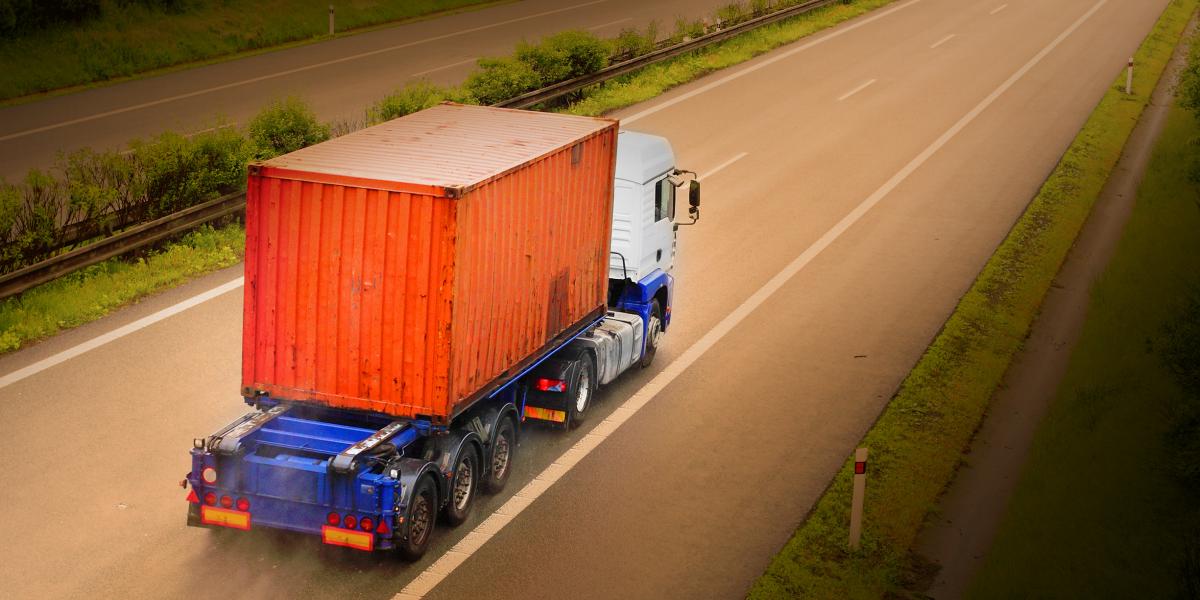You are here

The Indonesian Ministry of Industry (Kemenperin) issued a regulation imposing new import requirements on hazardous substances under its authority in July 2021. The Regulation of the Ministry of Industry No. 16 of 2021 on Recommendation of the Importation of Hazardous Substances was promulgated on 13 July 2021 and took effect on the same date.
Verisk 3E Review
New Requirements for Importation of Hazardous Materials Under the Ministry of Industry (MOI)
The new regulation (Ministry of Industry Regulation No. 16 of 2021) introduced a new two-step import procedure for hazardous materials controlled by the MOI. Prior to obtaining the MOI’s import approval of hazardous materials, importers and producers must go through a verification process and gain a B2 import recommendation from the MOI’s authorized third-party agencies.
Scope of the Requirements
The requirements apply to importers/companies with both types of importer identification numbers (API). The API is a mandatory license for businesses that import goods to Indonesia. The MOI Regulation No. 16 of 2021 specifies a B2 import license for companies with a general-importer identification number (API-U) to import goods for trading purposes and a manufacturer-importer identification number (API-P) for importers that import goods for their manufacturing activities, such as capital goods, ingredients, and supporting materials.
API-P and API-U holder companies can import B2 products after obtaining the authorized recommendation issued by the MOI (Article 2). However, API-P companies are not allowed to sell and/or distribute the B2 products to other parties. API-U companies are responsible for the distribution of the imported B2 products and must ensure full compliance with the requirements along the supply chain (Article 3). Note that B2 import recommendations for API-U companies can only be granted if said companies are state-owned enterprises (badan usaha milik negara or BUMN).
Definition of Hazardous Materials (B2)
The regulation does not provide a list of chemicals considered hazardous materials. The broad definition of hazardous materials (bahan berbahaya or B2) is defined in Article 1(1) as "any substances, chemicals and biological materials, either in the form of single or mixture, that are toxic, carcinogenic, teratogenic, mutagenic, corrosive and irritant, which may endanger health, environment, human life, either directly or indirectly."
A B2 Import Recommendation or recommendation, as defined in Article 1, is "a letter issued by an authorized official within the Ministry of Industry that contains technical information related to the issuance of B2 Import approval." Companies that wish to apply and receive a recommendation letter must complete and submit the required documents as specified in Article 6. Depending on the type of applicants, required documentation includes the company registration number (NIB), safety data sheet (SDS), and information on the chemical's production and business entities. A verification process involves the determination to validate the company's legal status as well as an assessment of the information about the chemical intended for importation. The format of the required documents for the application is available in Annex I of the regulation.
Control of Chemicals and Chemical Products in Indonesia
Indonesia's chemical regulatory regime is structured under the Hazardous and Toxic Substances framework. The country has several regulations on chemicals and chemical products that encompass production, chemical waste management, granting symbols and labels, export-import, transportation, the usage of industrial chemicals, etc. The primary legal framework on chemicals is regulated under the Government Regulation of the Public on Indonesia No. 74, 2001 Concerning Management of Dangerous and Toxic Substances, also known as B3 Management Regulations. All stakeholders involved in hazardous and toxic substances (bahan berbahaya dan beracun or B3) must manage their activities appropriately. A list of regulated (banned and restricted) chemicals in Indonesia is also provided under this regulation. Importers and producers of chemicals found in these lists are required to undergo the notification and registration processes, depending on the activity types.
On the ministerial level, each ministry has the authority to issue separate rules for the implementation of its mandate. The MOI (Kemeperin) is responsible for regulating industrial chemicals, pharmaceuticals, and textile substances. Among several regulations, the Regulation of the Ministry of Industry No. 24/M-Ind/Per/5/2006 supervises the production and utilization of dangerous substances that may pose a risk to health and environmental safety. A prescribed list of substances, as defined in the regulation, must be registered, labeled, and have SDSs.
Verisk 3E Analysis
Companies engaged in importing chemicals and chemical products should review the details of the new import requirements as well as other applicable regulations to ensure full compliance. To import goods into Indonesia, companies are required to have an API as per Minister of Trade Regulation No. 75 of 2018 Regarding Provisions on Importer Identification Number (API).
If the link for the source document does not work, please request a copy of it (PDF, in Indonesian) by emailing Support@Verisk3E.com.

 Top
Top